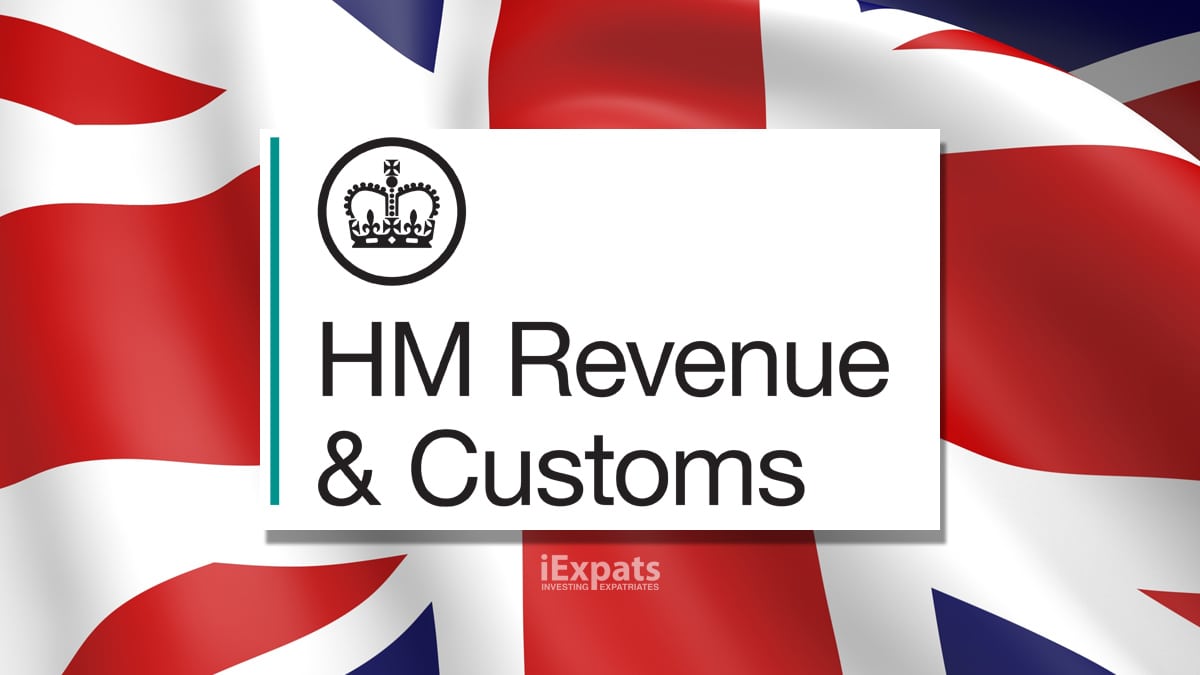Business angels investing in start-up and early stage growth companies through tax schemes that provide loss relief could come under the scrutiny of the tax man.
HM Revenue & Customs (HMRC) has already investigated several film partnership tax avoidance schemes that generated artificial losses.
Now a claims management company is speculating that investors in Seed Enterprise Investment Schemes (SEIS) and Enterprise Investment Schemes (EIS) may come under the microscope as well.
Both SEIS and EIS offer loss relief against other income if an investment fails.
Claims firm Rebus suggests this may put them in the same target zone as other tax avoidance schemes heavily promoted among celebrities and sports personalities in recent years.
Loss relief concerns
SEIS and EIS both provide income tax relief, capital gains tax benefits and loss relief.
If either scheme is found to be breaking qualifying rules, investors are liable to repay any tax breaks with interest and fines that can sometimes add up to more than their original investment.
SEIS offers a 50% tax reduction on investments up to £100,000, while EIS provides similar relief at 30% on income tax for inputs of up to £1 million.
Both wrappers offer capital gains tax deferral on cash raised for investments and capital gains tax exemption on the growth in value of shares.
Rebus points out that although many SEIS and EIS schemes are low-risk investments, some specific projects may lead to problems for investors.
Spokesman Graham Webber was writing in Taxation Magazine when he drew parallels between many failed film partnership investments that were deemed to be tax avoidance vehicles as they offered loss relief against other income for failed projects in the same way as SEIS and EIS do.
Solar projects
HMRC argued that many of these partnerships ‘engineered’ losses and withdrew tax breaks for investors.
Several solar projects were funded by EIS prior to July 2014, but were excluded from the tax breaks by HMRC as they were rated too high a risk for SEIS and EIS.
“Solar investments were very risky when the industry started,” said Sarah Wadham of the EIS Association. “There are tax breaks, but there are real risks for EIS investors.”
She also explained solar schemes accounted for a large number of EIS investments before the rules were changed.
HMRC declined to comment on individual SEIS or EIS schemes, but a spokesman said that providing the companies operated within their advance approved rules, investors had nothing to fear from providing funds.
